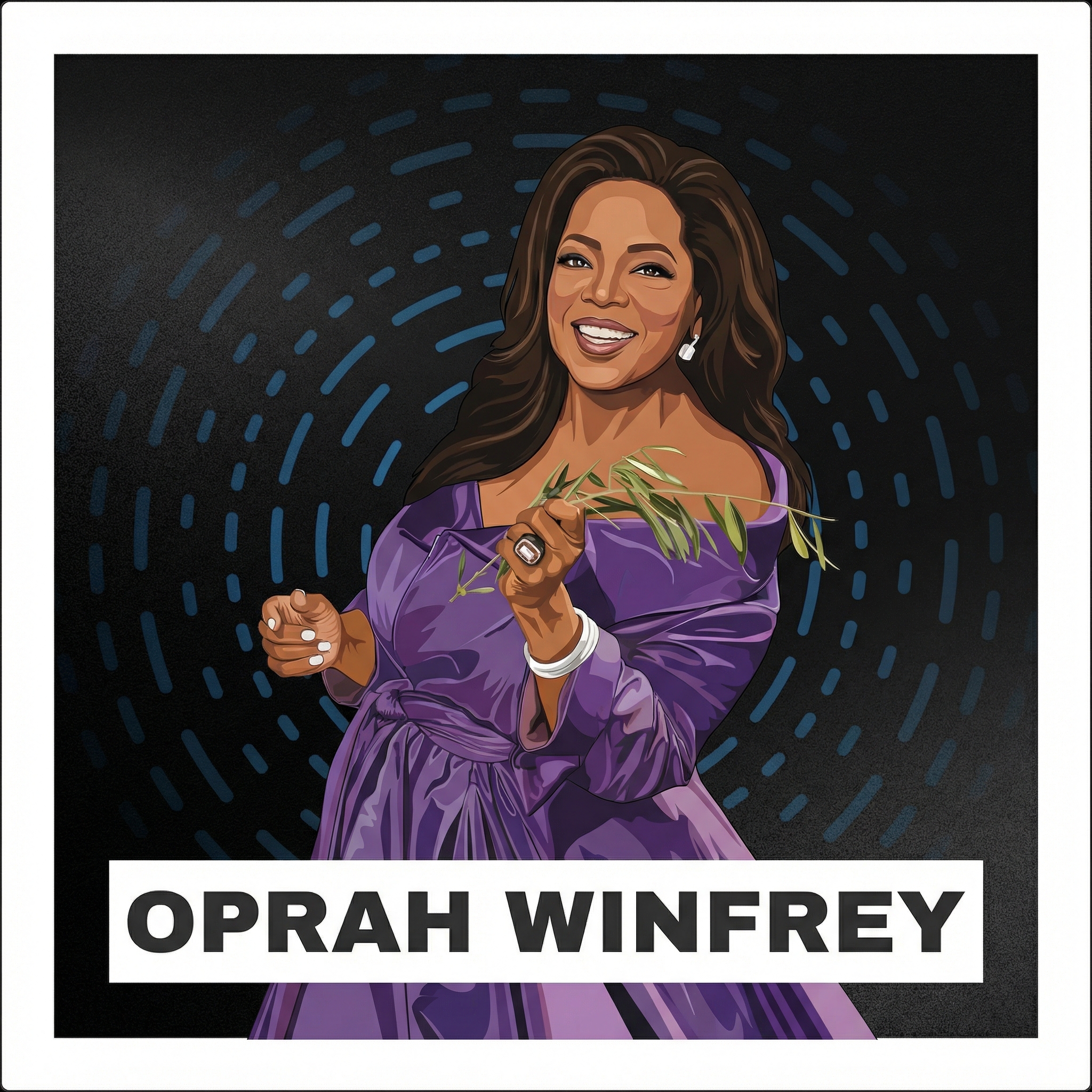Playbook coming soon
We're preparing a detailed playbook for Oprah Winfrey. Check back soon.
How to cite
Faster Than Normal. “Oprah Winfrey — Leadership Playbook.” fasterthannormal.co/people/oprah-winfrey. Accessed 2026.
Continue exploring
Person
Beyoncé
Singer, songwriter, businesswoman, and cultural icon.
Person
Alex Hormozi
Alex Hormozi is an entrepreneur known for transforming business strategies and mastering high-ticket sales through comp…
Person
Jeff Bezos
Founder of Amazon, which grew from an online bookstore to the world's largest e-commerce and cloud computing company.
Person
Napoleon Bonaparte
French military leader who conquered most of Europe.
